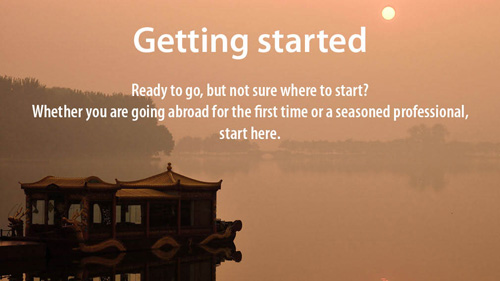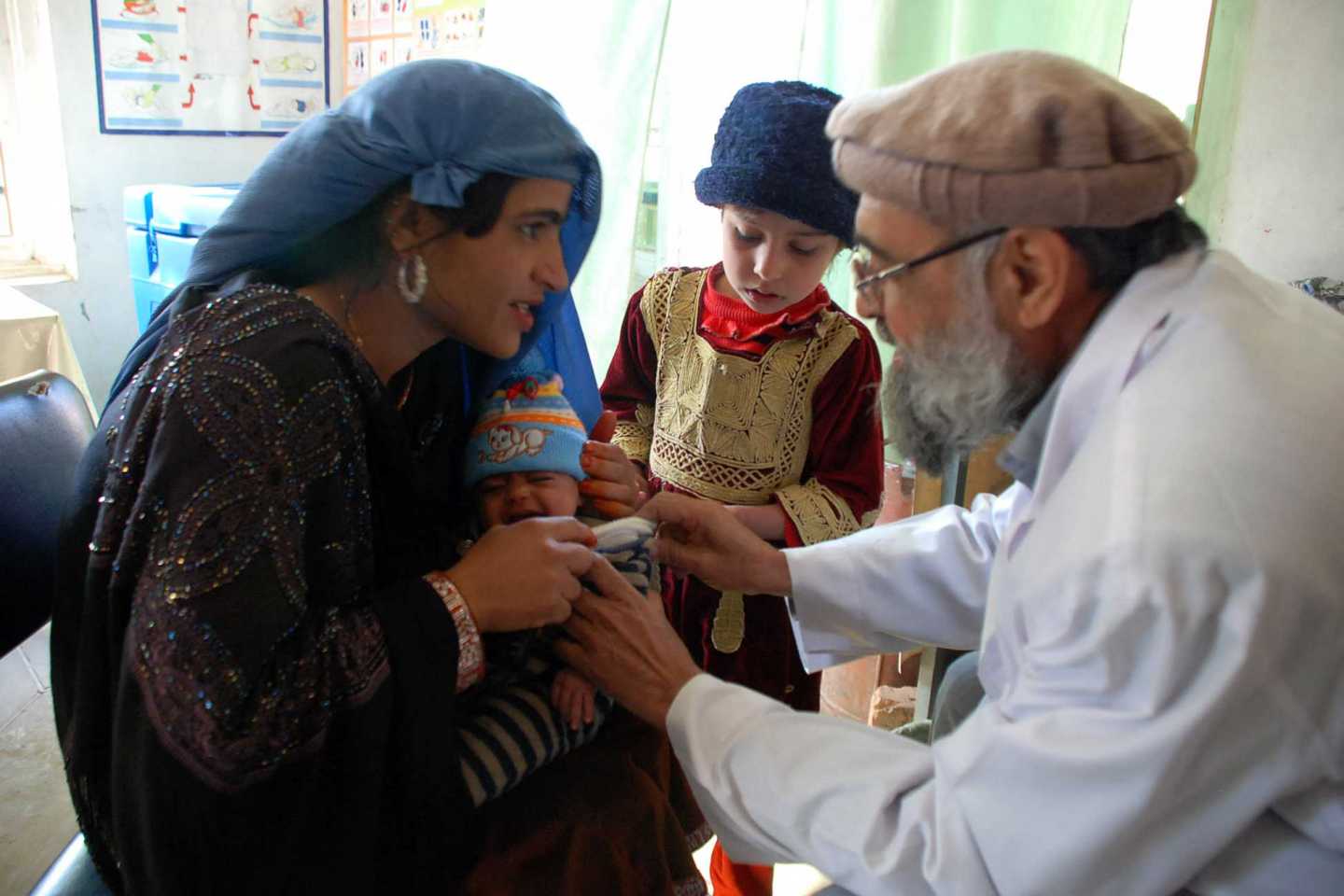Medical and healthcare professionals are in demand virtually everywhere. There are numerous options in a wide range of roles, both in hospitals and clinics around the world, or with governments and multilateral organizations, non-governmental organizations (NGOs) and international non-governmental organizations (INGOs), foundations, research organizations and consultancies.
For those who are not necessarily interested in being part of a humanitarian aid mission or working in the Global South, but would like to gain international experience in their field, there are myriad companies that recruit personnel for both long- and short-term, or locum tenens placements in hospitals and clinics.
A recent analysis conducted by BBC’s business unit found that medical professionals can be counted among the 20 most wanted professions needed to fill skills shortages in OECD and BRIC (Brazil, Russia, India, China) countries. Highly sought after healthcare professionals in these countries include: Nurses (surgical, mental health, paediatric, palliative care, geriatric care, neonatal care); doctors (GPs and specialists); pharmacists, physiotherapists (very high demand in most countries); psychologists; medical imaging technologists (radiographers); audiologists and speech therapists. Each country among this group has different skills shortages which they are trying to address; however, it’s noteworthy that nurses are in demand virtually everywhere, mental health professionals are particularly sought after in Scandinavian countries, and Australia and New Zealand are seeking healthcare professionals in nearly every discipline.
For those who are seeking to contribute to humanitarian aid missions or work abroad on global public health projects, there are countless options. For example, each year MSF sends more than 2,500 international staff to join 30,000 locally hired staff to provide medical aid in countries around the world.
Non-governmental organizations (NGOs)
NGOs can range from small, community-based organizations to large international organizations with a presence in multiple countries. Positions may be paid but are, in some cases, volunteer assignments. Requirements and responsibilities vary widely—from frontline clinical roles in crisis environments with organizations like MSF or Merlin, to positions with organizations like Skillshare International or VSO, where work would have more of a public health and international development focus
Governments and multilateral organizations
The funding for most aid and international development work comes from national governments, and then is managed by either government agencies (such as CDC) or through government ministries. Donor countries channel funds through multilateral organizations such as the WHO and the World Bank, directly to recipient governments; or through contracts with NGOs or private sector companies. A wide range of opportunities exist in government and multilateral organizations, and work is often (though not always) high-level: allocating funds, managing contracts, providing support to partner countries, setting research agendas, monitoring the health situation etc. It is usually far removed from field work.
These organizations are well-funded, and usually offer benefits, professional development opportunities, and structured progression. Competition for positions is fierce. Entry points include internship and training programs, and junior positions that are offered by many government and multilateral organizations. But, realistically, working with any of these agencies is not going to be your first, or even second, job in global health. Consultants may be recruited short-term for specific projects and, once you have experience in the sector, this can be a way to get a foot in the door.
Academic and research organizations
Traditionally, these organizations research and inform health policy and priorities, and may engage in advocacy and educational activities. It’s not uncommon for academics and research institute staff to also work as consultants on global health projects. Positions are typically in donor countries, with field visits overseas; but opportunities to spend significant time overseas can open up.
Consultancies
Health and medical consultancies generally work project-to-project, bidding on contracts tendered by government agencies, multilateral organizations and sometimes NGOs. They prepare bids, assemble teams of experts to implement projects, manage budgets and report to their clients. Staff are often based in a donor country, with some travel overseas. However, consultancies often hire contractors on a project-by-project basis, often in the country where the project is taking place, and this can be one route to employment.
Foundations
A foundation is a non-governmental entity that is established as a non-profit corporation or a charitable trust. Its main purpose is making grants to other organizations, institutions, or individuals for scientific, educational, cultural, religious, or other charitable purposes. There are numerous foundations that support global health initiatives—the Bill and Melinda Gates Foundation and the Aga Khan Foundation are two well-know examples. Many foundations of this sort have work opportunities for medical and health professionals, particularly those with expertise and experience in public health and and administrative roles. Positions are often at the foundation’s headquarters, but can involve significant overseas travel depending on the job.



